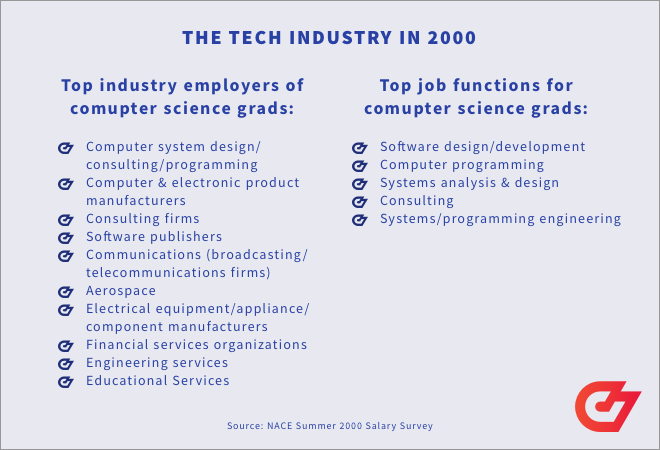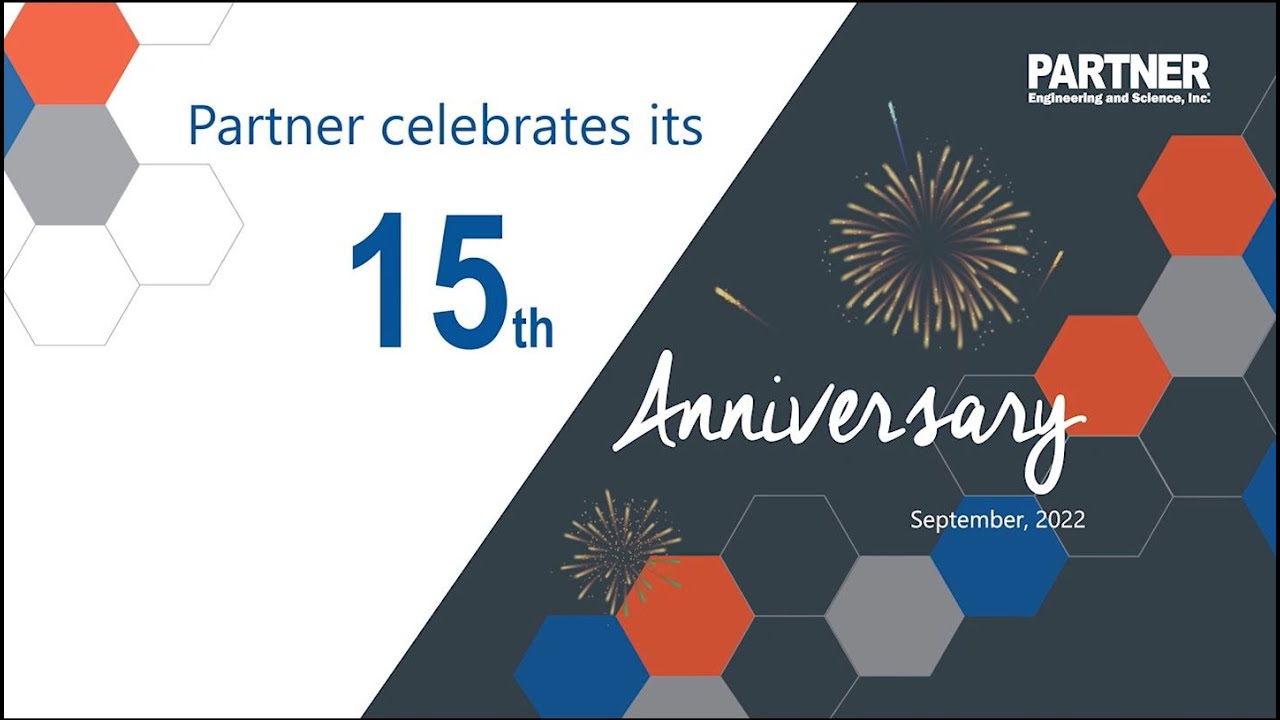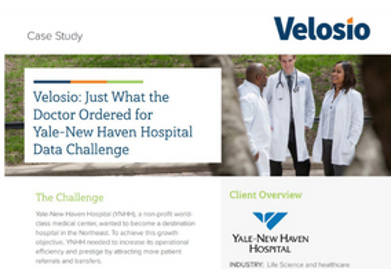
Why should you hire consultants Here are some benefits: Expertise, Travel, Cost, and Intangible Results Learn more to determine if you are a good candidate for a consultant. Ask the experts questions! This article will examine the advantages of consulting as a career. It's possible to begin by looking for a consultant who is an expert in a specific field. You'll also find out what other reasons are worth considering.
Results that are tangible
Consulting creates value for the client through their ability to influence people according to the client's instructions. That's why consultants aim to charge a higher price than a typical employee. Consultants can have happier clients, better social status and more perceived expertise. These are some ways to increase your work's value. Your client relationships will be more enjoyable if you can provide tangible results. Clients are more willing to pay for consulting services.

Expertise within a particular field
Consulting can be made easier if you are an expert in a specific area. Consultants who specialize in a specific field often have a stronger job market than generalists, because top consulting firms have a high demand for those with specific expertise. Although experts must pass the same case interviews as generalists they are often more successful than those who have not received specialized training. Experts can often expect to earn higher salaries than generalists.
Consultants hiring costs
Often, hiring managers make the mistake of oversimplifying the financial analysis that goes into hiring a consultant. Although hiring a consultant is more expensive than hiring employees, the true costs of such a decision will be much lower than those of hiring employees. Consulting firms charge an hourly rate that is lower than employees. The cost of training an employee can be much lower than that of training a consultant.
Consultant travel
It is important to be familiar with the travel regulations and rules if you are travelling as a consultant on a project. Non-exempt consultants will need to travel abroad for work. For this reason, they are compensated for the time they are away. Federal and state regulations provide that compensation for travel time will be determined based upon the origin and location of the Consultant's residence. If the time spent far from home is within normal working hours, it will be considered work time.

Consulting knowledge management plans
Your business' knowledge management plan will require that you invest your time and money in identifying and achieving your goals. Once you have established your goals and objectives, you can establish metrics to measure your knowledge-management program's effectiveness. This way, you'll be able to measure your success in real time, as well as your overall effectiveness. Knowledge management is a great way to increase your productivity and see results in a short time.
FAQ
Can anyone be a consultant?
Consultants are people who help you reach your goals by giving advice about how to make it better, faster, or cheaper.
Consulting can be a great way to solve problems, make informed decisions, and work with others.
Consultants can be hired to assist with specific tasks or projects.
Consultants are usually paid hourly, daily or per project.
What is a consultant and what are their responsibilities?
A consultant is someone who provides services for other people. It's not just a job title; it's a role where you help others achieve what they want from life. By helping people understand their options and helping to make the right decisions, you do this.
Consultants are experts in finding solutions to the problems and challenges that arise while working on projects. They also provide advice and guidance on how to implement those solutions.
Consultants should be able and willing to answer any questions regarding business, technology or finance, leadership, strategy, customer service, legal, management, leadership, management, law, management, law, procurement, legal, marketing, human resources, etc.
How is consulting different from freelancing
Freelancers are individuals who work for themselves and offer their services to clients. They usually charge an hourly rate based on how much time they spent on a project. Consultants are usually employed by companies or agencies. They are often paid monthly or annually.
Consultants have less flexibility than freelancers because they can control their work hours, and set their own prices. But consultants have more benefits like vacation days, health insurance and retirement plans.
Which industries use consultants
There are many types of consultants. Some are specialists in one type or another of business.
Some consultants are limited to working for private corporations, while others can represent large corporations.
Many consultants also work internationally to assist companies from all corners of the globe.
Statistics
- According to statistics from the ONS, the UK has around 300,000 consultants, of which around 63,000 professionals work as management consultants. (consultancy.uk)
- Over 50% of consultants get their first consulting client through a referral from their network. (consultingsuccess.com)
- My 10 years of experience and 6-step program have helped over 20 clients boost their sales by an average of 33% in 6 months. (consultingsuccess.com)
- WHY choose me: Why your ideal client should choose you (ex: 10 years of experience and 6-week program has helped over 20 clients boost their sales by an average of 33% in 6 months). (consultingsuccess.com)
- "From there, I told them my rates were going up 25%, this is the new hourly rate, and every single one of them said 'done, fine.' (nerdwallet.com)
External Links
How To
What's a typical day like for a Consultant?
Your work type will determine the length of your day. You'll spend your time researching new ideas and meeting clients.
Clients will often meet with you to discuss their problems. These meetings can be done over the phone or via email.
Also, proposals are documents that outline your ideas or plans for clients. You will need to discuss these proposals with a mentor or colleague before you present them to clients.
You will need to create content after all your planning and preparation. Writing articles, designing websites, editing photos or conducting interviews are just some of the options.
It depends on the project's scope, you might need to do some research to collect relevant statistics. You might need to determine how many customers you have, and whether they buy more than one product.
Once you have gathered enough information, it's time to present your findings to clients. Your findings may be delivered orally, or written.
After the initial consultation, it is important to follow up with clients. For example, you might call them periodically to see how things are going or send emails asking them to confirm that they received your proposal.
This is a long process that can take some time. However, it is crucial to stay focused and to maintain good relationships.